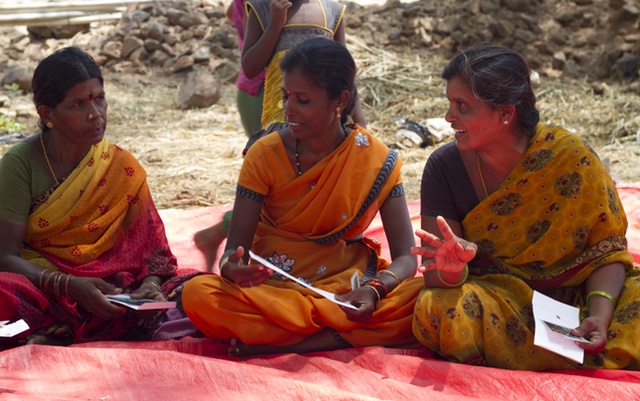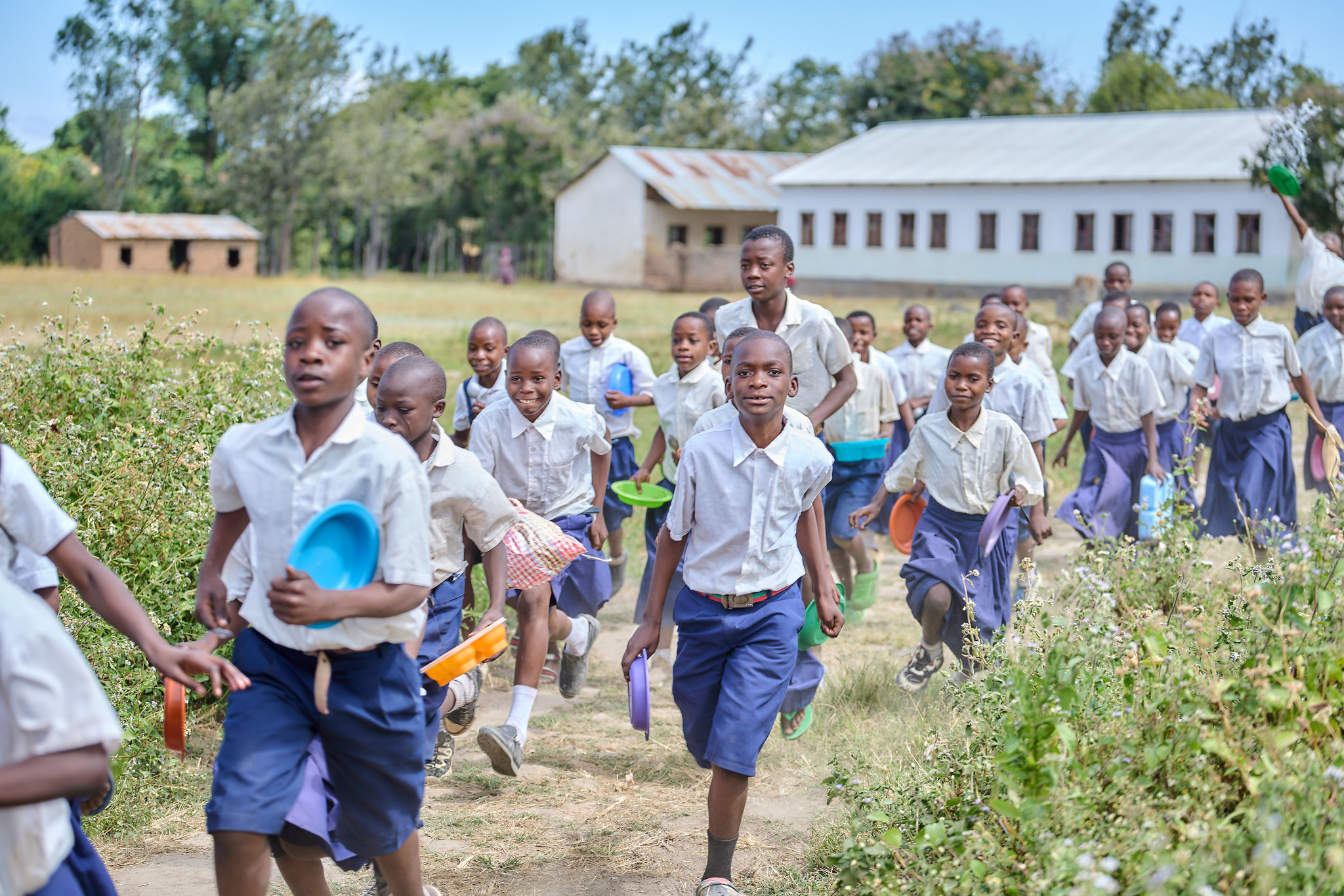I grew up in Tamil Nadu, south India. It was a dry area, but a good well supplied our house and a few other houses around us. Then one year a farmer nearby installed a deeper well with an electric pump, and our well ran dry. That started a “race to the bottom”: As more and more farmers got pumpsets, the water table continued to fall and everyone had to deepen their wells to keep up.
Today, India faces this problem writ large. Over 60 percent of the irrigation and 85 percent of domestic water in India now comes from water below the ground. As water tables fall, wells need to be dug deeper and more pumping power is required to deliver water to users. Ultimately, groundwater becomes unavailable.
World Water Week 2017 (Aug. 27-Sept. 1) focuses on conserving and reducing waste in water use. These efforts are especially relevant for groundwater supplies, which are often overtaxed and difficult to manage responsibly.
Because well owners who take water from the same aquifer may be geographically dispersed, it is hard for them to know how much others are taking, let alone regulate their own withdrawals. And because underground water dynamics are complicated, people often don’t understand how their water use affects others.
Experimental games can help reveal what motivates people to cooperate in the use of any jointly used resource—including groundwater, as well as forests, fisheries, and surface irrigation. Until recently, no one had assessed whether these games could help stimulate cooperation as well. To investigate this issue, IFPRI partnered with the Foundation for Ecological Security (FES), an NGO in India, and Arizona State University, with support from the CGIAR program on Water, Land and Ecosystems. FES, which helps communities in Andhra Pradesh better manage their water resources, added a “groundwater game” designed by ASU experts to its program in some of the communities affected by groundwater depletion.
In the game, participants chose whether to grow “Crop A” that took little water and generated a modest income, or “Crop B” that required a lot of water and yielded a higher income. If they all picked Crop A, the water table was sustainable; the more people chose Crop B, the faster the water table fell. Participants played first without talking to each other, then with communication permitted. It was fascinating to see how people related the game to their own situations—naming a particular crop and saying why they needed the extra money in one round, for example.
After both men and women played, a community “debriefing” meeting gave participants a chance to explain their decisions to others, and this led to discussions of how to respond collectively to falling groundwater levels. (Full instructions for the game and a video are available here.)
Participating NGO staff found that these games are an effective way to work with rural communities on groundwater issues. Both facilitators and community members enjoyed playing, and this created a different dynamic than that of conventional meetings or participatory rural appraisal exercises. Instead of facilitators trying to teach groundwater conservation techniques or eliciting communities’ existing practices, games offer a way of learning while doing. Most importantly, the game experience convinced many people that their own water use was affecting water tables—and enabled them to explore possible solutions.
Such games alone won’t solve the problems of groundwater depletion—but they can increase the effectiveness of other interventions. As reported in a recent paper, two years after playing, half of the participating communities adopted rules for governing groundwater, compared to one third of communities where the NGO worked without the games. Similarly, two thirds of the game-playing communities adopted water registers, as opposed to just over one third where games were not played.
These results are a promising low-cost approach for preserving overtaxed aquifers—and also for developing cooperative approaches to other commons. With support from the CGIAR program on Policies, Institutions and Markets, we are currently working with collaborators to test similar collective action games as a means to improve the management of surface irrigation, forests, and other natural resources. First results for sanitation can be found here.
Ruth Meinzen-Dick is a Senior Research Fellow in IFPRI’s Environment and Production Technology Division.







